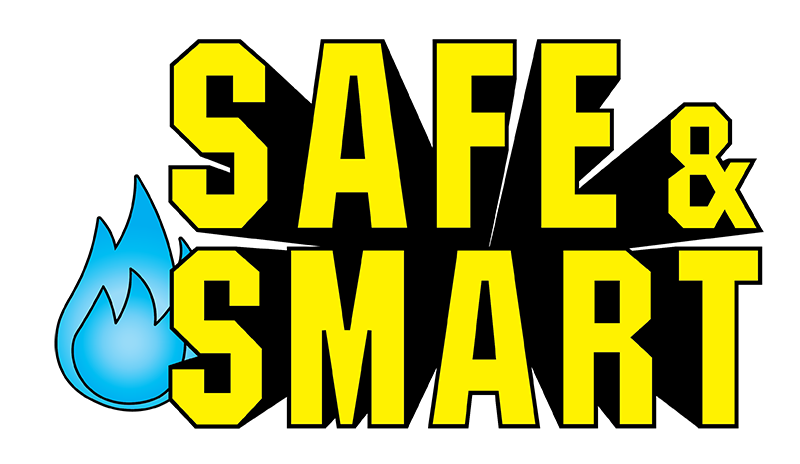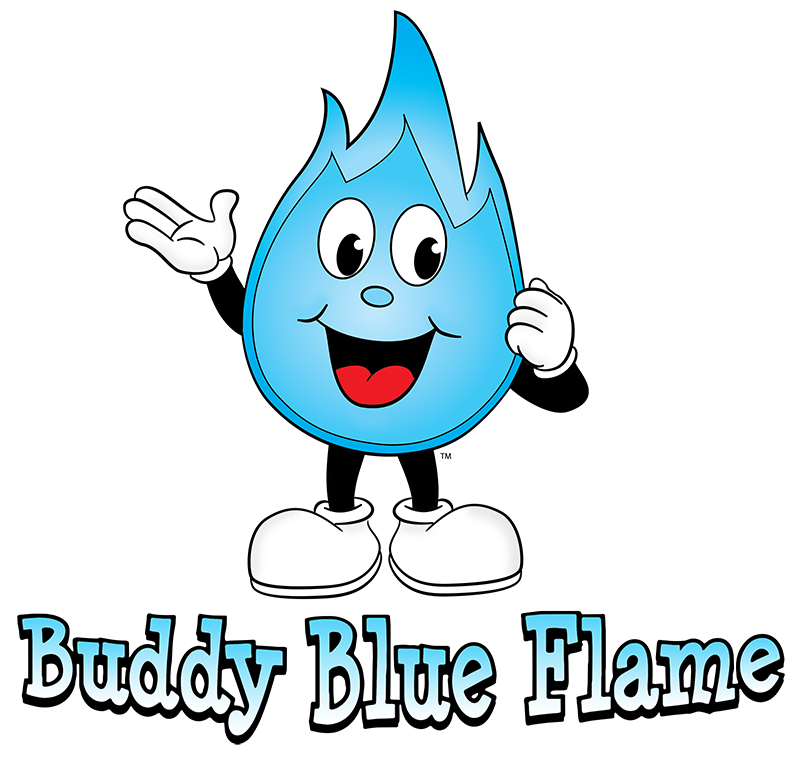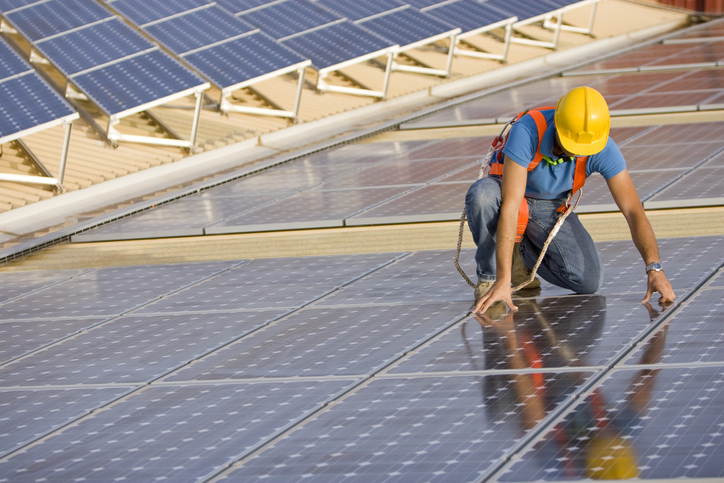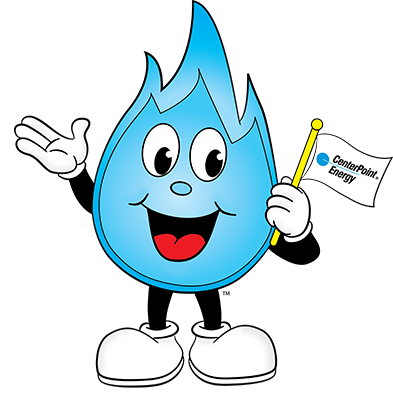Safety Tips
Natural gas is a clean, safe fuel when used properly. Be sure to follow these safety rules:

If you smell something similar to rotten eggs and think you may have a natural gas leak, don’t hesitate – get out of the house immediately on foot and call CenterPoint Energy and 911. Don’t call from the house as a spark from the phone could set off the gas. The same is true for turning off the light switch, so leave those lights on and don’t drive your car as your engine can cause a spark.
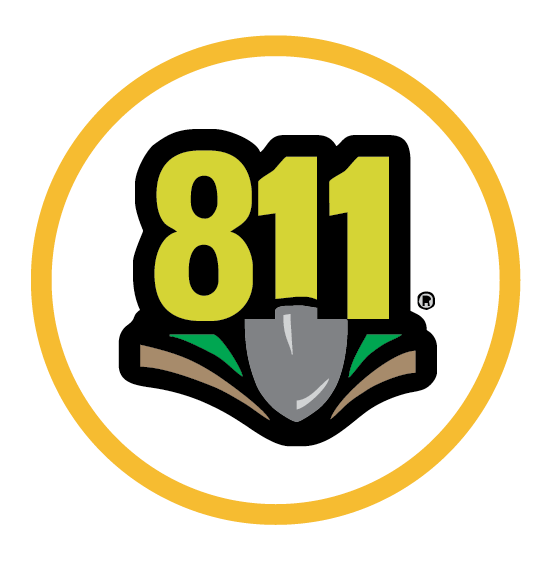
Typically natural gas lines that run to your house are buried underground, and may be close to the surface, so before you do any digging, including gardening, call 811 at least two working days in advance. CenterPoint Energy will send a representative to mark where your underground natural gas lines are. For more information on Call Before You Dig, visit www.centerpointenergy.com

Know your colors! Click here to learn about the various colors used to mark underground pipes and utility lines.
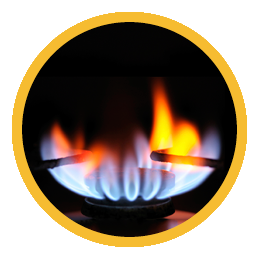
Keep in mind that pilot lights and main burners on gas appliances should always produce a blue flame. If the flame is yellow or red, call a certified appliance technician for service as soon as possible.
If your pilot light is substantially higher than normal, this may be an indication of excessive pressure, in which case you should call CenterPoint Energy.
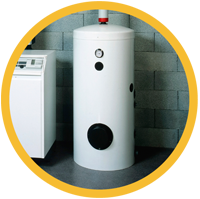
Many manufacturers recommend that you set your water heater temperature to 120°F (low or warm). Water heaters set at 140°F or higher pose a potential danger, especially to children and the elderly. It takes just five seconds to receive a third-degree burn from 140°F water. You should always feel the water before bathing or showering. Temperature-limiting valves are available. Check your owner's manual for information.
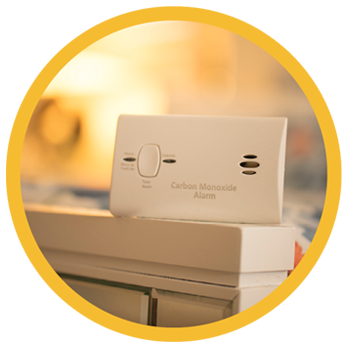
Carbon monoxide is a gas that you cannot see, smell or taste, and it can make you sick. A carbon monoxide detector in your home can alert your family that this gas is present. Certain states have laws requiring carbon monoxide detectors. To learn more, visit: www.centerpointenergy.com
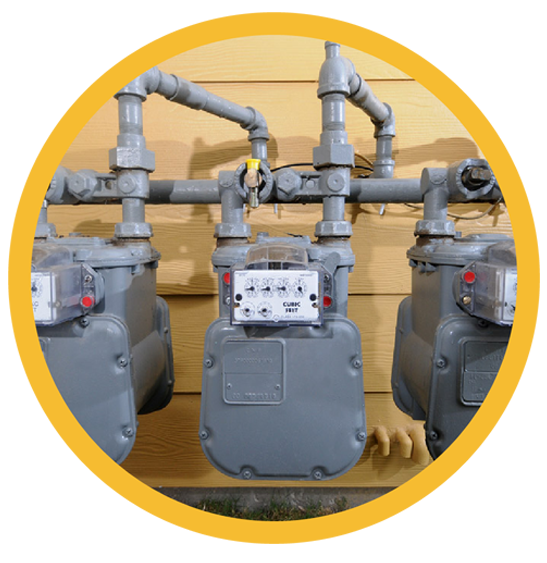
During cold weather, ice can build up on or near gas meters causing potentially dangerous conditions and equipment malfunctions - See more at: www.centerpointenergy.com

Many natural gas appliances work even when the power is out. For example, most natural gas water heaters operate with a pilot light so they function even when the electricity doesn’t. By overriding the electric ignition on the surface burners with a match, you can also continue to operate your gas cooktop. Most furnaces won’t operate during a power outage because the entire heating system may require electricity. For information about natural gas generators, visit
www.centerpointenergy.com.

